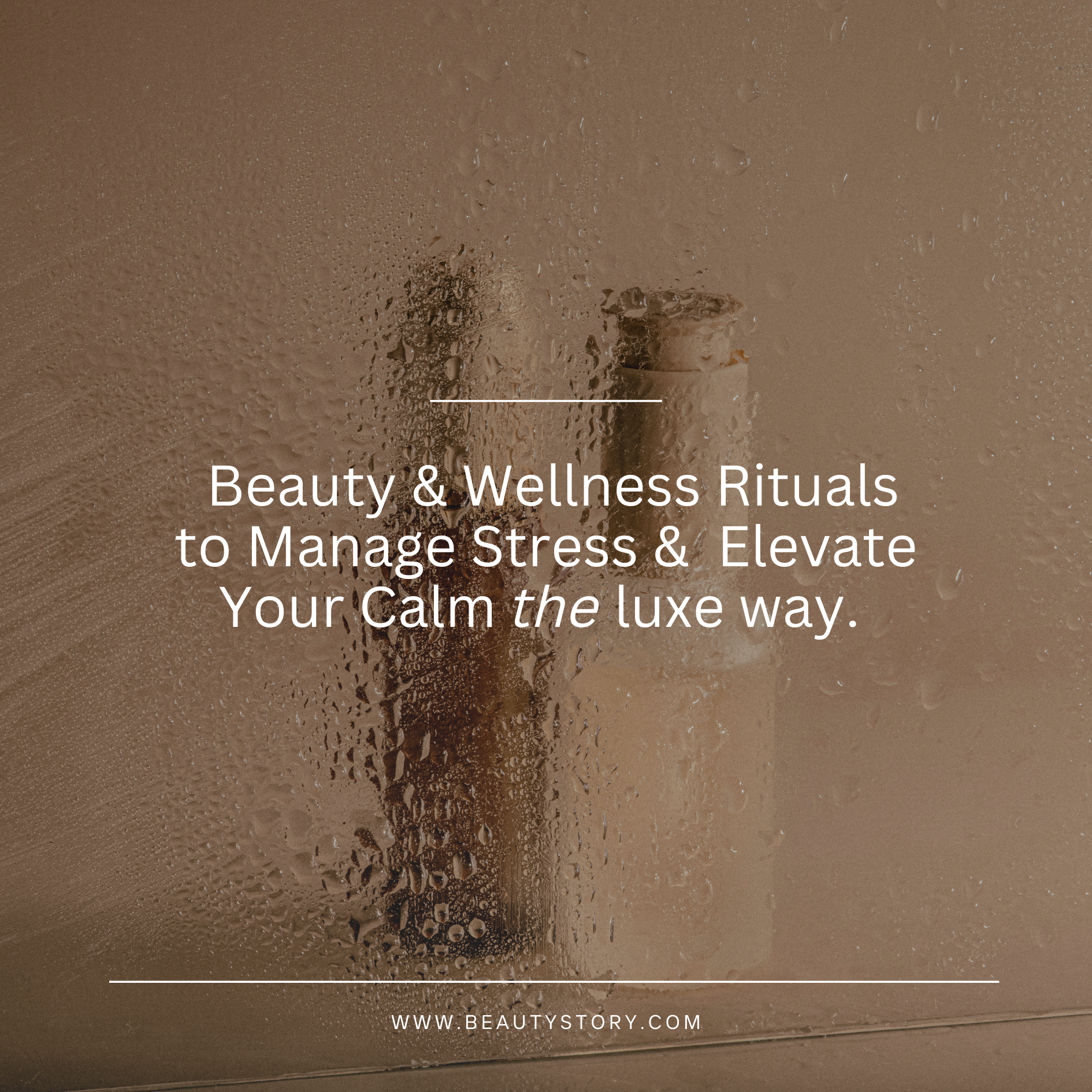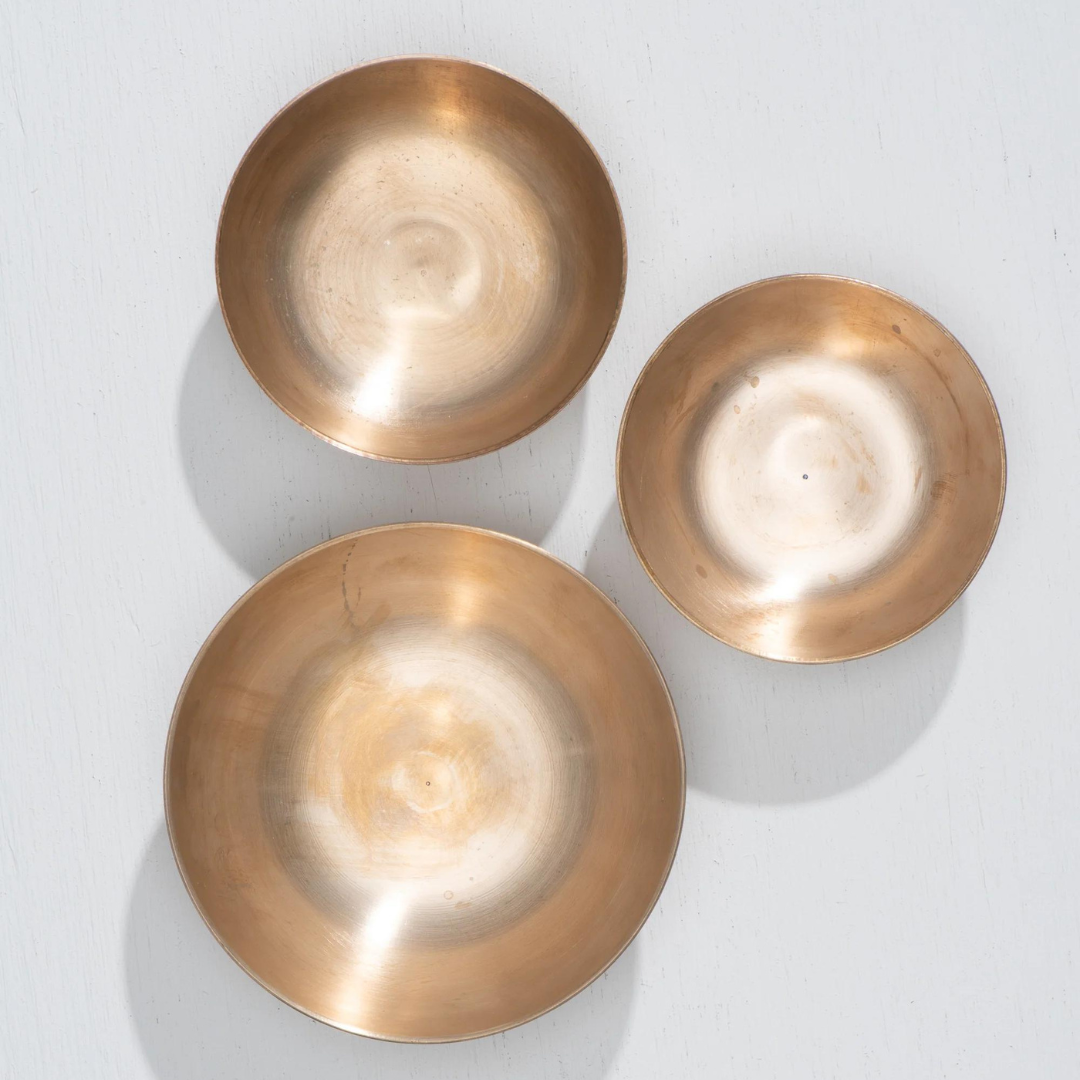The Hype Around Vegan Skincare: What It Actually Means

The beauty industry is buzzing with terms like "vegan," "clean," "natural," and "organic," often used interchangeably. However, these terms represent different concepts, and understanding the distinctions is crucial for informed consumer choices. One common misconception is that vegan skincare automatically equates to natural or clean beauty. This article explores why vegan skincare does not necessarily mean clean beauty and what each term truly signifies.
Understanding Vegan Skincare
1. Definition of Vegan Skincare
Vegan skincare products are formulated without any animal-derived ingredients. This means no honey, beeswax, collagen, lanolin, or other substances sourced from animals.
- Ethical Focus: Vegan skincare emphasizes cruelty-free practices, ensuring that no animals are harmed or exploited in the production of the products.
2. Ingredients in Vegan Skincare
Vegan products rely on plant-based ingredients and synthetic alternatives. While these ingredients can be beneficial, their safety and purity depend on the formulation and sourcing.
- Examples of Vegan Ingredients: Plant oils, essential oils, botanical extracts, and synthetic compounds that mimic the effects of animal-derived ingredients.
The rise of social media and influencer culture has played a crucial role in popularizing vegan skincare. Celebrity endorsements and influencer recommendations add a layer of desirability and trust to vegan beauty products.
- Influence of Celebrities: High-profile celebrities and beauty influencers promoting vegan skincare products can significantly drive consumer interest and demand.
The Reality Behind the Hype
1. Not Necessarily Clean or Natural
A common misconception is that vegan skincare automatically means clean or natural. However, vegan products can still contain synthetic ingredients and preservatives that may not meet clean beauty standards.
- Ingredient Safety: Just because a product is vegan does not mean it is free from potentially harmful chemicals. It’s important to read labels and understand the ingredients used.
2. Varied Quality and Efficacy
The quality and efficacy of vegan skincare products can vary widely. While some vegan products are highly effective, others may not deliver the desired results.
- Product Research: Consumers should research and choose vegan skincare products based on reviews, ingredient lists, and brand reputation to ensure they meet their needs and expectations.
3. Economic Considerations
From a manufacturing perspective, vegan skincare can sometimes be more cost-effective. Plant-based and synthetic ingredients may be cheaper to produce than some animal-derived substances.
- Cost vs. Value: Lower production costs do not always translate to lower prices for consumers. The perceived value and ethical appeal of vegan products often allow brands to maintain premium pricing.
Making Informed Choices
1. Read Labels Carefully
To navigate the hype and make informed choices, it’s crucial to read product labels and ingredient lists. Look for certifications that align with your values, such as vegan, cruelty-free, and organic labels.
- Certifications to Look For: Vegan Society, Leaping Bunny (cruelty-free), USDA Organic, and EcoCert.
- Research the ingredients. A product can be certified organic but also contain certain chemicals that your skin may not like.
2. Research Brands
Investigate brands to understand their values, ingredient sourcing, and manufacturing practices. Transparency is key to ensuring that you are supporting ethical and responsible companies.
- Brand Transparency: Choose brands that are open about their ingredient sourcing, manufacturing processes, and sustainability efforts.
3. Consider Your Skin’s Needs
Not all vegan skincare products will be suitable for every skin type. Understand your skin’s specific needs and choose products that address your concerns, whether it’s hydration, anti-aging, or sensitivity.
Our Verdict
While vegan skincare, clean beauty, and natural skincare share common goals of promoting ethical and sustainable practices, they are not synonymous. Understanding the differences between these three concepts can help you make more informed choices that align with your values and health needs. Remember, a product being vegan does not automatically make it clean or natural, and vice versa. By reading labels, researching brands, and understanding your skin's unique needs, you can navigate the beauty market more effectively and choose products that truly benefit your skin and the planet.



